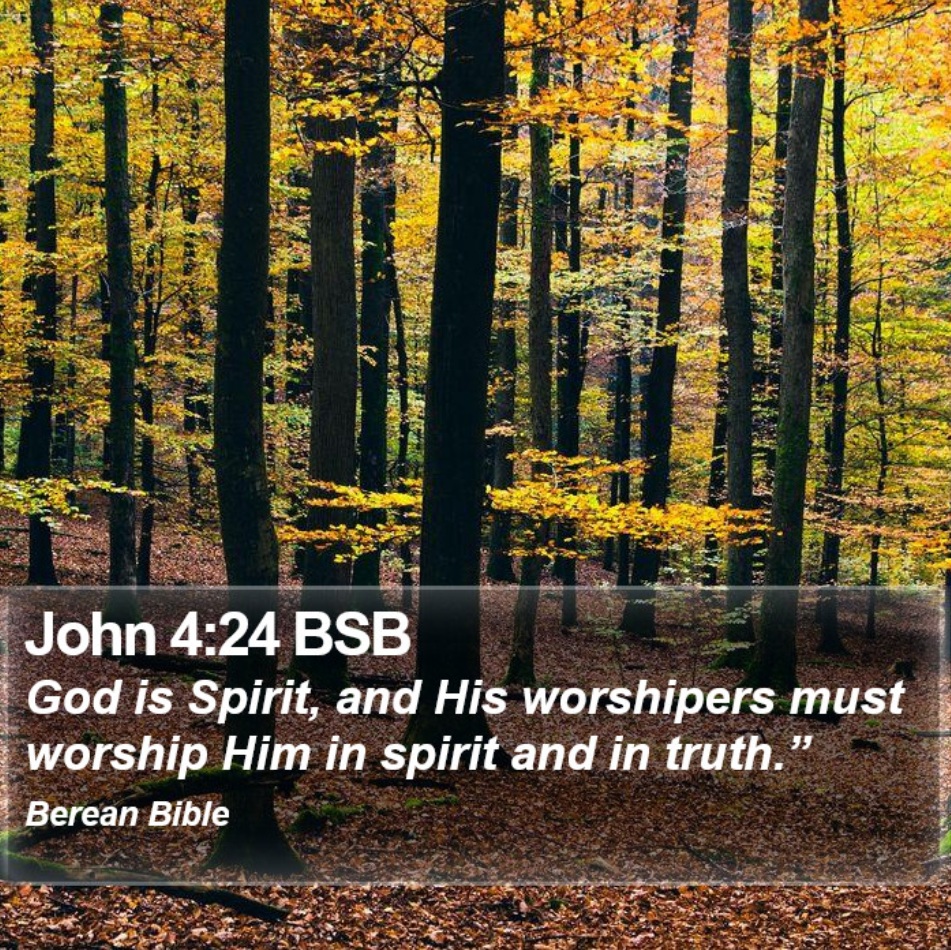“Go therefore and make disciples of all the nations…teaching them to observe all that I commanded you; and lo, I am with you always, even to the end of the age” (Matthew 28:19-20, NASB).
——————–
Contents:
1) “A Date Which Will Live in Infamy” (Jarrod M. Jacobs)
2) How We Worship God Is Significant (Joe R. Price)
3) God is the Strength of My Heart (Jesse A. Flowers)
——————–

-1-
“A Date Which Will Live in Infamy”
Jarrod M. Jacobs
On December 7, 1941, the U.S. was bombed by the Japanese at Pearl Harbor in Hawaii. In response to this act of war, something President Roosevelt called “a date which will live in infamy,” our nation assembled and united against a common enemy: an “axis of evil” in the Orient and in Europe. If the Lord wills, Saturday of this week will mark the 83rd anniversary of that horrible day. We ought to remember and respect the sacrifices of so many who lived during those turbulent times and made it possible that we, now 83 years removed from those events, still live in freedom.
Yes, it was an “infamous date” when the Japanese bombed Pearl Harbor, but is there not an “infamous date” that each person lives when we choose to serve Satan instead of God? You see, there is a day in everyone’s life (if we live long enough to make independent decisions) when we choose to follow Satan (Rom. 3:23). James wrote, “But every man is tempted, when he is drawn away of his own lust, and enticed. Then when lust hath conceived, it bringeth forth sin: and sin, when it is finished, bringeth forth death” (Jas. 1:14-15). This has happened to each of us at some point in our lives.
Whether or not we remember the date we first committed sin, we know God remembers it. That time is a “date which will live in infamy” in our lives. This is because, on that date, we yielded to temptation and succumbed to the onslaught of Satan. We joined ranks with the “kingdom of darkness” and died to God that day (Eph. 2:1-3, 4:17-19; I Pet. 2:9b; Col. 1:13).
This date will “live in infamy” because those of us who have learned better realize that it is for this cause, our sin, that Christ came into the world (I Tim. 1:15). He who committed no sin (I Pet. 2:22) came to this world and offered Himself as the supreme sacrifice so that men might be saved (Matt. 20:25; Jn. 1:29; Lk. 19:10; II Cor. 5:14-15).
What have we done in response? We turned from God, yielded to temptation, and sinned. From the first time we sinned, we were separated from God (Isa. 59:1-2). As we continued living in sin, we moved farther and farther away from God. Yes, the date we first sinned is a “date which will live in infamy” because, from that time forward, we were lost, undone, and lost the hope of Heaven (Eph. 2:12). We were taken captive by Satan and had no promise of eternal life with Christ. How tragic!
Unlike WWII, which lasted only a relatively short amount of time (The U.S. was involved from 1941 to 1945), our war with Satan continues so long as this world stands! Satan has been fighting with God for the souls of men since Genesis 3 and will continue until the end of time. Therefore, we have to be ever-vigilant (I Pet. 5:8) and ready to “fight the good fight of faith” (I Tim. 6:12).
How can one fight against Satan? We begin by returning to Christ and receiving remission of our sins through faith in Him, repentance of sin, confession of our faith, and baptism (Jn. 8:24; Lk. 13:3; Rom. 10:10; Mk. 16:16). In becoming a Christian, we are no longer separated, but “reconciled” to God (II Cor. 5:17-18; Eph. 2:13), and in this relationship, we may “fight the good fight of faith,” wearing the “whole armor of God” (Eph. 6:13-18).
Yes, there is a “date which will live in infamy” in all of our lives, but in Christ, the sin can be forgiven, and this date can become a distant memory when we are baptized and wear Christ’s name (Acts 22:16, 11:26). Have you done this?
— Via The Ancient Landmark, December 5, 2024
——————–

-2-
How We Worship God Is Significant
Joe R. Price
The Heritage Church of Christ in Fort Worth, TX will begin using instruments of music in its Sunday evening services this fall (see http://tinyurl.com/kyopzrd). This is occurring more frequently as churches depart ever farther from the ancient order revealed in the Scriptures.
An explanation of their decision given by their pulpit minister is posted on their website. The statement reads in part, “So, wondering what is worship at Heritage like? First, understand a few basic truths. The goal of our worship is to bring us into the presence of God. We come together as God’s people and worship Him. The “how” of our worship is insignificant, the “who” we worship and praise is the most significant!” (Ibid).
True worship does indeed involve coming into the presence of God, being defined as an act of offering reverent adoration and homage to God (Gen. 22:5; Psa. 5:7; 95:6; 99:5, 9). Yet, all worship is not approved by God, as Jesus pointedly applied Isaiah to the religious hypocrites of His day (Matt. 15:7-9). It is not enough to say we are worshiping God in order for God to be pleased (cf. the Samaritans, who “worshiped on this mountain,” but not with God’s approval, Jn. 4:20-22). Worship that pleases God “must” be in “spirit and truth” (Jn. 4:23-24). Therefore, we rightly conclude that true worshipers offer homage to God that is both sanctioned by His word of truth and expressed from a heart of reverent awe and adoration. It is significant how we worship God as well as why we approach Him (the Heritage Church of Christ’s statement, notwithstanding).
We gain some insight into their decision to add instrumental music to their worship services when the statement says, “Churches of Christ have a longstanding tradition of a cappella singing” (Ibid). “Church of Christ tradition” is not a Bible concept and belies a sectarian attitude toward the church. Coming before God to worship Him with singing is not based on “Church of Christ tradition,” but on the solid ground of apostolic tradition of Scripture (Eph. 5:19; Col. 3:16; 2 Thess. 2:15). The use of instrumental music to worship God was added many centuries after the apostolic age, and is a clear departure from worship in the New Testament (Gal.1:6-9; 1 Cor. 4:6; 2 Jn. 9).
After giving a nod to tradition, the website statement announces, “Starting this fall we will be adding an instrumental service on Sunday evenings. This will give people a choice of worshiping in an a cappella worship service or an instrumental worship service” (Ibid). Now we understand that worship as defined by the Heritage Church of Christ is a matter of personal choice and not a conviction of faith. That is why they say the “how” of our worship is “insignificant.” We would earnestly remind them of Nadab and Abihu, whose “how” displeased God and prompted their death. Not being commanded by God, their “how” failed to approach God in holiness (Lev. 10:1-3).
I emailed John Gann (minister at Heritage) and asked him to explain why they conclude the “how” of worship to be insignificant. His complete reply was, “Thanks for the email. Our web explanation is to give someone a basic understanding of what they will experience at Heritage, not to spark a theological debate.” Either he has no Bible answer or he is unwilling to share it. Either way, his failure to answer speaks volumes (1 Pet. 3:15). God is sinned against when men change His pattern for worship. Claiming “how” God is worshiped is insignificant is of man, not God (Jn. 4:23-24; Mal. 1:6-8).
— Via Viewpoint from the Valley Grove church of Christ, July 31, 2022
——————–

-3-
God is the Strength of My Heart
Jesse A. Flowers
“Whom have I in heaven but You? And earth has nothing I desire besides You. My flesh and my heart may fail, but God is the strength of my heart and my portion forever” (Ps. 73:25-26, NIV).
Asaph, the psalmist, proclaims an exclusive desire for God in heaven and on earth. “Whom have I in heaven but You? And earth has nothing I desire besides You.” This signifies a deep and profound relationship where God is the ultimate source of satisfaction and fulfillment, surpassing all worldly attachments or desires.
“My flesh and my heart may fail” acknowledges the inherent limitations and fragility of human beings, both physically and emotionally. This statement highlights the reality that people are subject to aging, illness, doubt, fear, and despair. It underscores the need for reliance on a power beyond oneself, leading to the affirmation of God’s strength.
“God is the strength of my heart” indicates that God provides stability, security, and unshakable support, especially in times of weakness and hardship. The word “strength” can also be translated as “rock” or “fortress,” emphasizing God’s enduring and unchanging nature. God being “my portion forever” reflects the concept of inheritance and signifies that God is the ultimate inheritance and source of satisfaction, both in this life and the next (Psalm 73:23-24).
The psalm begins with Asaph struggling with the apparent prosperity of the wicked and the seeming unfairness of their flourishing while the righteous suffer. However, a turning point occurs when Asaph enters the sanctuary of God, where he gains an eternal perspective and realizes that the prosperity of the wicked is fleeting, while the righteous have an everlasting inheritance in God.
How extremely blessed we are to have such a God! No matter what we may be facing or enduring in this life, He is and will continually be the rock of our heart and our portion forever. Praise be to God!
— Via Articles from the Knollwood church of Christ, August 2025
——————–
The Steps That Lead to Eternal Salvation
1) Hear the gospel — for that is how faith comes (Rom. 10:17; John 20:30-31).
2) Believe in the deity of Jesus Christ, the Son of God (John 8:24; John 3:18).
3) Repent of sins. For every accountable person has sinned (Romans 3:23; Romans 3:10), which causes one to be spiritually dead (Ephesians 2:1) and separated from God (Isaiah 59:1-2; Romans 6:23). Therefore, repentance of sin is necessary (Luke 13:5; Acts 17:30). For whether the sin seems great or small, there will still be the same penalty for either (Matt. 12:36-37; 2 Cor. 5:10) — and even for a lie (Rev. 21:8).
4) Confess faith in Christ (Rom. 10:9-10; Acts 8:36-38).
5) Be baptized in water for the remission of sins (Mark 16:16; Acts 2:38; 22:16; 1 Pet. 3:21). This is the final step that puts one into Christ (Gal. 3:26-27). For from that baptism, one is then raised as a new creature (2 Cor. 5:17), having all sins forgiven and beginning a new life as a Christian (Rom. 6:3-4). For the one being baptized does so “through faith in the working of God” (Col. 2:12). In other words, believing that God will keep His word and forgive after one submits to these necessary steps. And now as a Christian, we then need to…
6) Continue in the faith by living for the Lord; for, if not, salvation can be lost (Matt. 24:13; Heb. 10:36-39; Rev. 2:10; 2 Pet. 2:20-22).
——————–
Tebeau Street
CHURCH OF CHRIST
1402 Tebeau Street, Waycross, GA 31501
Sunday: 9 a.m. Bible Classes and 10 a.m. Worship Service
Wednesday (all but the first): 7 p.m. Bible Classes
First Wednesday of the month: 7 p.m. Congregational Song Service (about 45 minutes of singing, followed by a short talk)
evangelist/editor: Tom Edwards (912) 281-9917
Tom@ThomasTEdwards.com
https://thomastedwards.com/go/all.htm (This is a link to the older version of the Gospel Observer website, but with bulletins going back to March 4, 1990.)